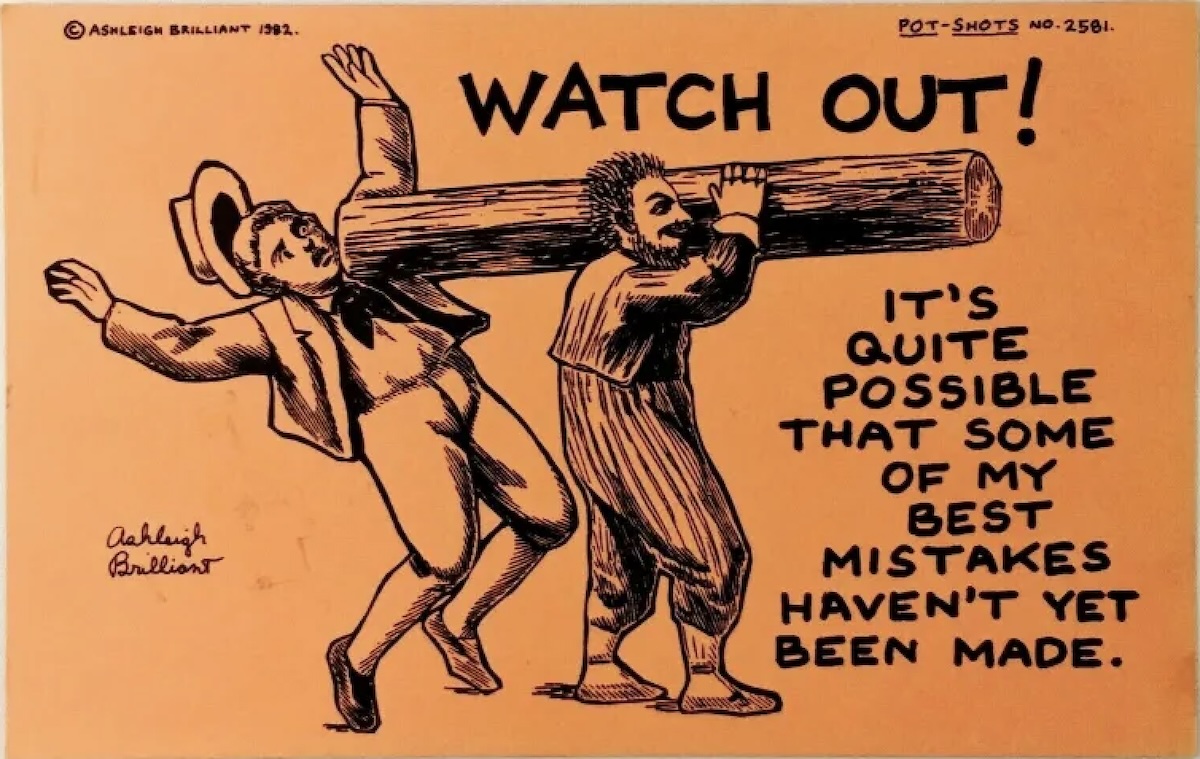Thinking Over Dover

Allow me to share with you some thoughts and memories about a place called Dover, a town on the south coast of England. As you may know, it’s the closest land to France, across the English Channel which, at that geographical point, has the name of the Strait of Dover.
The Channel between the two countries is only 20 miles wide at the Strait. But when I was living in England, there was still no tunnel under it – and unless you were willing to pay for a relatively expensive passage by air, the only regular way to cross was on one of the large vessels called “Ferries,” which took both cars and people.
The crossing took about three hours, and, depending on the weather, it might be pleasantly smooth, or sickeningly uncomfortable. The shortest route was between Dover and Calais – but there were other regular crossings, as between Folkestone, on the British east coast, and Antwerp, in Belgium.
But Dover, and its white limestone cliffs, were often the last any traveler saw of England, especially if they were on a ship which was not sailing across the Channel, but starting on a much longer voyage – perhaps heading across the Atlantic to what was known, long after the discoveries of Columbus, as the “New World.” (And of course, they were the most visible landmark to people coming the other way, from The Continent.)
During World War II, especially in the two years before America became directly involved, Britain stood alone as a beacon of Democracy against the Nazis and their “Axis” partners, who dominated practically the whole “Continent” of Western Europe. It was then that the White Cliffs of Dover came to symbolize resistance to humiliation and oppression. This feeling was exploited by propagandists who sought to win American sympathy and support for Britain. One popular song, in particular, embodied that feeling.
It started with these words:
“There’ll be Bluebirds over the White Cliffs of Dover
Tomorrow, just you wait and see.
There’ll be love and laughter
And peace ever after
Tomorrow, when the world is free.”
Those lyrics were written by an American, Nat Burton, to a melody by another American, Walter Kent. Neither man had ever been anywhere near Dover. The song came out in 1942, when America was only beginning to mobilize for a war which was to last another three years. It was popularized by a young English singer named Vera Lynn, who traveled widely during the war to entertain troops, and became known as the “Sweetheart of the Forces.”
The second part of the song became rather sweetly sentimental:
“The shepherd will tend his sheep,
The valley will bloom again –
And Jimmy will go to sleep
In his own little room again.”
Actually, many English children were “evacuated” inland from what were considered the more dangerous south coastal areas. This gave a new word to our language. Those children were known as “evacuees.”
And, in a way, I personally can identify with them, because I was just their age (I was five years old when the war started in 1939, and it didn’t end until I was 12). I was fortunate in being evacuated – as some other children were – across the Atlantic. But I still remembered my “own little room,” which, despite the song, and although our house survived the bombing, I was destined never to sleep in, or even to see again.
What happened was that the bombing did force other families from their homes, and the Government provided other housing for them, sometimes by “requisitioning” any house which happened to be unoccupied. Ours was one of those available houses, and, even when we went back to England after the war, another family was still living there, and we were unable legally to evict them. Ultimately, we had to buy another house in a different district.
As for the other post-war benefits promised in the song, if we discount the “love and laughter,” I don’t have to tell you how much we ever saw of “Peace ever after.”
And what about “tomorrow, when the World is free”? What would a free world be like, anyway? I suppose it would have to be free of all the nastiness of evil regimes. But they still keep popping up, sometimes in places we have hardly ever heard of before, like the middle of Africa.
In conclusion, I am sorry to have to tell you that there are not now, and never have been, any Bluebirds anywhere near the White Cliffs of Dover.






